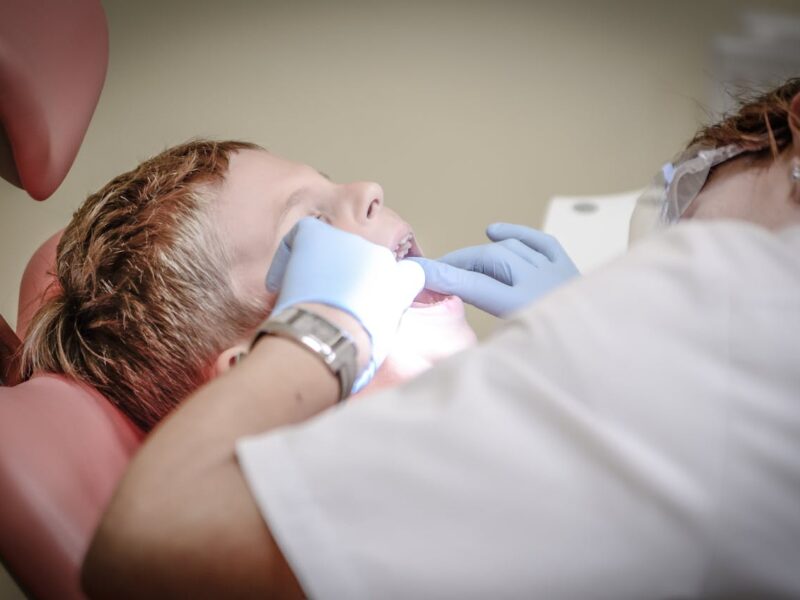Nearly everyone experiences a toothache at some point during their life. Over time, unwanted tooth decay eventually results in needing to have a tooth extracted. Sometimes, the pain keeps you up at night until you’re forced to visit your dentist.
You might cringe at the dentist pulling out one of your teeth. If you scrape those of the average age of losing teeth, you can expect an extensive experience with your dentist.
Looking at your bank account, you also fear a dentist’s cost. Don’t worry. Knowing what to expect can ease your mind and help you feel more comfortable about an extraction.
Keep reading to learn about the average age for losing teeth as an adult.
Contents
What Is the Average Age for Losing Teeth as an Adult?
No one age is considered the average age for an adult to lose teeth. Adults indeed tend to lose more teeth than kids, but many other things can affect when a person loses their teeth.
In the end, each person’s oral health and habits will determine when they start to lose teeth. Therefore, all adults must care for their teeth, regardless of age. This way, they don’t lose them too soon and stay as healthy and strong as possible.
Factors That Affect Tooth Loss in Adults
Several factors can contribute to adult tooth loss. These include the following:
Poor Oral Hygiene
Plaque and bacteria that build up on teeth and gums due to poor oral hygiene can create dental health issues. If these issues are not addressed, they can cause cavities, gum disease, and loss of adult teeth. Brushing and flossing not only help to keep teeth clean, but they can also keep gums healthy.
In addition to brushing and flossing, adults should see their dentist at least twice a year to check for potential problems. A professional cleaning can help to remove any hardened plaque and tartar. They can also check and treat early signs of tooth decay and gum disease.
Tooth Grinding
Tooth grinding, also known as bruxism, is a condition that causes an individual to clench and grind their teeth, typically while sleeping. The repetitive grinding force causes severe wear and tear to the teeth, leading to enamel erosion and can cause fractures to tooth structures.
While dentures can be a suitable solution for tooth loss in adults, they can also break due to tooth grinding. To prevent this, denture wearers should adjust their dentures properly.
Dentures should also be replaced every 5-7 years. You could also duplicate your dentures in case of emergency; find more here how.
Diet
Foods and drinks high in added sugar are particularly detrimental to teeth. It’s because the sugar allows bacteria to produce acid that can erode enamel.
Additionally, acidic foods can also damage teeth, as they can soften and weaken enamel. A balanced diet is vital, focusing on foods that build strong teeth, such as dairy products, leafy green vegetables, and lean proteins.
Prevent Tooth Loss as You Age
Aging is an unpredictable experience, and the average age for losing teeth as an adult can vary greatly. Factors such as lifestyle, diet, and genetics all impact the strength and health of an individual’s teeth.
Practicing good oral hygiene and attending regular dental check-ups annually are essential to prevent tooth loss and decay. It’s also recommended to visit a dental specialist for regular consultations and treatments. Make sure you take your oral health seriously – your smile affects everyone around you.
Is this article helpful? If so, check out other great content on our website.



